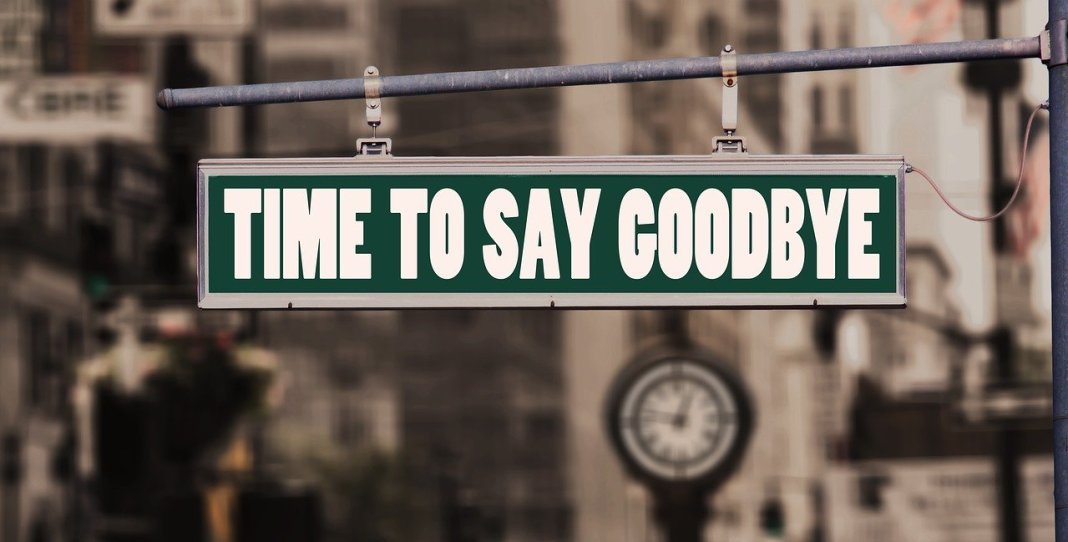
You may have heard the term “cancel culture”, which refers to the popular practice of withdrawing support for – cancelling – public figures and companies after they’ve done or said something considered objectionable or offensive. Barely a day goes by without someone falling victim to it – whether it’s in Singapore or somewhere else in the world. Within the last week or so, we’ve seen plenty of calls for “cancelling” prominent figures in Singapore, from political candidates to social media “influencers”.
It’s become something of a cottage industry, and just like the phrases “triggered” and “snowflake”, being “cancelled” is another affliction in the social media age.
Cancelling toxicity
The basis of cancel culture is to hold the rich, influential, and powerful to account – and it’s something the (powerless) masses can do in the age of social media awareness. If anything, we need more of that if it results in the carrying out of justice (think about Harvey Weinstein and R. Kelly).
Sadly, cancel culture has now become a weapon that people are wielding in order to gain attention or reward their courage (in speaking out) – and social media algorithms are rewarding them. This is not to say that cancelling can’t be a noble endeavour – but it’s now just another weapon in a culture war to win eyeballs.
More “cancellations” happen during specific social “climates” – from the Black Lives Matter movement to our own election season – when social media algorithms are more likely to reward posts by giving them visibility.
For example, during the height of the Black Lives Matter movement, the once highly-acclaimed musical “Hamilton” spawned the hashtag “#CancelHamilton” as the focus shifted to how the musical extolled a man who also owned and traded slaves. During Singapore’s election period, Ivangate happened, and if you’ve been on Twitter, you’ll see “cancellations” being lobbed around like a tennis ball.
While society can benefit from cancelling some personalities *cough* for being consistently offensive, cancel culture is essentially mob mentality, and it can be dangerous if it targets someone based on one incident committed yesterday, last week, or even in the last decade. It’s been highly criticised for shutting down debate rather than engaging with unpopular opinions.
Petition against cancel culture
JK Rowling made headlines last month for her tweet denouncing transsexuals, and put herself in the spotlight again this week when she joined 150 public figures – including Salman Rushdie and Margaret Atwood – in signing a controversial open letter warning that the spread of “censoriousness” is leading to “an intolerance of opposing views” and “a vogue for public shaming and ostracism”.
According to Rowling, the letter was in defence of a foundational principle of a liberal society: open debate and freedom of thought and speech. The letter asserts that “the way to defeat bad ideas is by exposure, argument, and persuasion, not by trying to silence or wish them away”.
It’s been met with criticism online, as several of the signatories have been deemed to have the censorious mentality they’re condemning. One of the criticisms was that it contained a list of people who are scared, and feared change.
Consumers cancelling brands
It’s not just people who’re being cancelled – corporate brands are also affected. Getting a branding message wrong can have dire consequences in today’s 24/7 internet culture.
According to the 2020 Zeno Strength of Purpose Study which surveyed more than 8,000 individuals across eight markets, consumers in Singapore (89%) were more likely to act against brands they disagreed with compared to those in the West, where consumers were slightly more forgiving of brands when they disappointed.
Cancelling of brands appears strongest among Gen Zs (88%) and Millennials (85%) who were more likely to act negatively towards a brand they disagreed with.
Remember the NETS blackface ad which sparked a swift backlash for insensitively portraying Indians and Malays? It even spawned a controversial parody rap video which called out the racism – it was ironically ordered to be taken down as it was deemed to be racist.
However, brands with a strong purpose are often championed by the younger generation – 92% of Gen Zs and 90% of Millennials. It goes without saying that no brand wants to be “cancelled”, so many are now looking for strong causes audiences can relate to – these can be from sustainability goals to championing fair treatment of workers.
While many brands and personalities may have gotten away with dubious behaviour or statements in the past, 2020 proves that everyone is under intense scrutiny in this age of social media.










